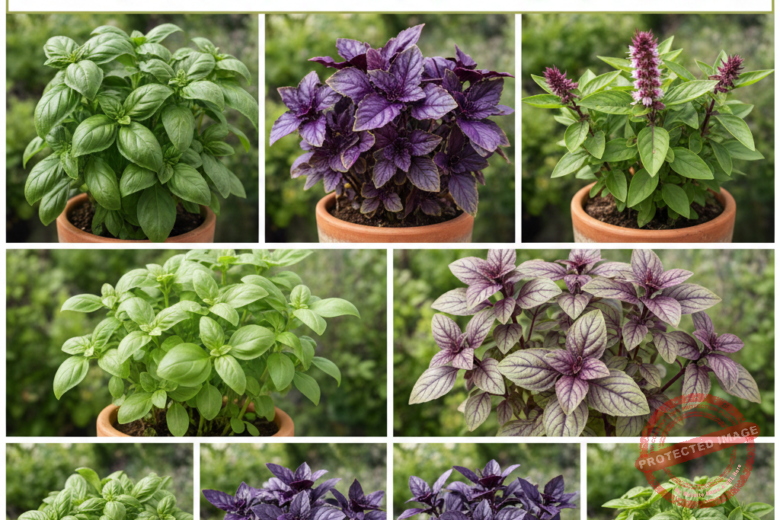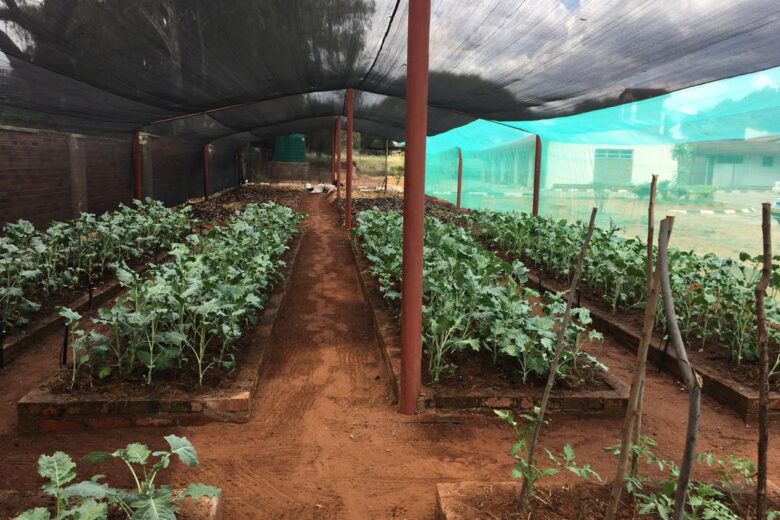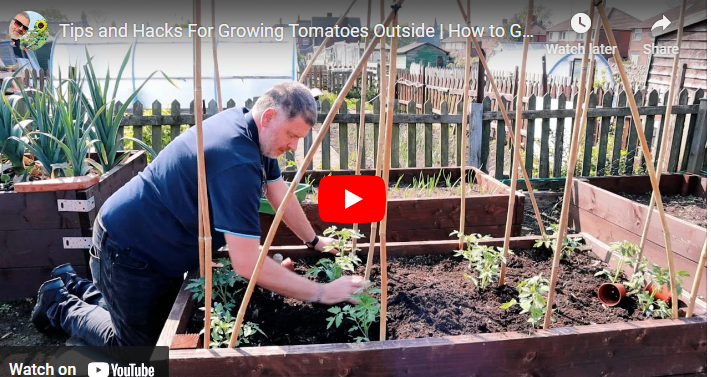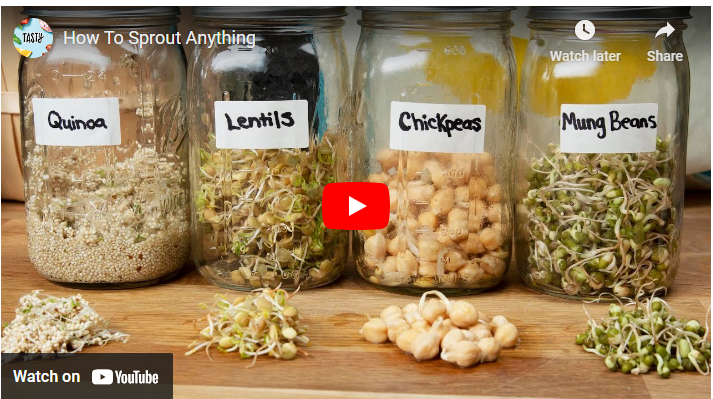Have you ever wondered if you could grow your own lemon tree from a seed? Sprouting a lemon seed can be a rewarding and enjoyable experience. Not only will you have a beautiful tree, but you can also enjoy the satisfaction of nurturing it from its earliest stages.
To sprout a lemon seed, extract the seed from a ripe lemon, wash off any pulp, place it in a damp paper towel or container with moist soil, and keep it in a warm location for a few weeks until it sprouts, after which it can be transplanted into a pot with well-draining soil, watered regularly, and provided with adequate sunlight for continued growth into a lemon tree.
In this step-by-step guide, we will walk you through the process of sprouting a lemon seed and help you grow your very own lemon tree.
How to Sprout a Lemon Seed: Step-by-Step Guide
Sprouting a lemon seed is a fascinating journey that allows you to witness the miracle of life firsthand. While it may take some time and patience, the process is relatively simple and can be done by anyone, regardless of their gardening experience. By following these steps, you can successfully sprout a lemon seed and embark on a rewarding gardening adventure.
Sprouting lemon seeds offers several benefits. Firstly, it’s a cost-effective way to start your own lemon tree, as seeds are readily available from the lemons you buy at the grocery store. Secondly, growing your own lemon tree allows you to have a fresh supply of lemons right at your doorstep. Lastly, tending to a plant and watching it grow can be a therapeutic and fulfilling experience.
Step 1: Gather Supplies
Before you begin sprouting a lemon seed, gather the necessary supplies:
- Lemon seed(s)
- Potting soil
- Planting pot
- Water
- Plastic wrap or a clear plastic bag
- Spray bottle
- Plant fertilizer (optional)
Step 2: Choose the Right Lemon Seed
Selecting a healthy lemon seed is crucial for successful sprouting. Look for seeds that are plump, fully formed, and not damaged. Fresh seeds tend to have a higher germination rate, so try to use seeds from recently harvested lemons.
Step 3: Prepare the Lemon Seed
To improve the chances of successful sprouting, it’s important to prepare the lemon seed properly. Follow these steps:
Gently remove the outer coating of the seed by rubbing it lightly with sandpaper or a nail file. This helps the seed absorb water more effectively.
Rinse the seed under running water to remove any residue.
Step 4: Germination Methods
There are two popular methods for germinating lemon seeds: water germination and paper towel germination.
Water Germination
To germinate a lemon seed in water, follow these steps:
- Fill a glass or container with room temperature water.
- Place the prepared lemon seed in the water, ensuring it is fully submerged.
- Cover the top of the glass or container with plastic wrap or a clear plastic bag to create a greenhouse effect.
- Keep the container in a warm and bright location, away from direct sunlight.
- Change the water every few days to prevent stagnation.
- Wait for the seed to sprout roots, which usually takes 2-3 weeks.
Paper Towel Germination
To germinate a lemon seed using the paper towel method, follow these steps:
- Moisten a paper towel with water, ensuring it is damp but not soaking wet.
- Place the prepared lemon seed on the paper towel.
- Fold the paper towel over the seed to cover it completely.
- Put the moist paper towel with the seed in a plastic bag, leaving it slightly open for ventilation.
- Store the bag in a warm and well-lit area, away from direct sunlight.
- Check the paper towel regularly to ensure it remains moist. Mist it with water using a spray bottle if necessary.
- Wait for the seed to sprout roots, which usually takes around 2-3 weeks.
Step 5: Planting the Sprouted Seed
Once the lemon seed has sprouted roots, it’s ready to be planted. Follow these steps:
- Fill a small planting pot with well-draining potting soil.
- Create a small hole in the center of the soil using your finger or a pencil.
- Gently place the sprouted lemon seed in the hole and cover it with soil.
- Water the soil lightly to ensure it is moist but not waterlogged.
- Place the pot in a warm and sunny location, such as a windowsill.
- Mist the leaves with water occasionally to maintain humidity.
Step 6: Provide Optimal Growing Conditions
To promote healthy growth, provide the following optimal conditions for your lemon seedling:
- Bright sunlight for at least 6-8 hours a day
- Temperature between 60-70°F (15-21°C)
- Well-draining soil that retains some moisture
- Regular watering to keep the soil slightly moist
- Adequate ventilation to prevent fungal growth
Step 7: Nurturing the Seedling
As your lemon seedling grows, it will require care and attention. Here are some tips to nurture your seedling:
- Water the plant regularly, keeping the soil slightly moist but not overly saturated.
- Fertilize the seedling every 4-6 weeks using a balanced liquid fertilizer.
- Rotate the pot occasionally to ensure even growth.
- Prune any yellow or dead leaves to maintain the plant’s health.
- Monitor for pests and diseases and take appropriate action if necessary.
Step 8: Transferring to a Bigger Pot
Once your lemon tree outgrows its initial pot, it’s time to transplant it to a larger one. Follow these steps:
- Choose a pot that is 2-3 inches larger in diameter than the current pot.
- Fill the new pot with fresh potting soil, leaving enough space for the seedling’s roots.
- Gently remove the seedling from its current pot, taking care not to damage the roots.
- Place the seedling in the new pot and fill the remaining space with soil.
- Water the soil thoroughly to help the seedling adjust to its new environment.
Step 9: Pruning and Maintenance
Regular pruning is essential to keep your lemon tree healthy and productive. Here are some pruning tips:
- Remove any dead or diseased branches.
- Trim back any overly long branches to maintain a compact shape.
- Prune during the dormant season or early spring for best results.
Step 10: Pests and Diseases
Lemon trees are susceptible to various pests and diseases. Here are some common ones to watch out for:
Aphids: These tiny insects can be controlled with insecticidal soap or neem oil.
Citrus leaf miners: Use sticky traps or introduce beneficial insects like ladybugs.
Citrus canker: Remove infected leaves and apply copper-based fungicides.
Root rot: Ensure proper drainage and avoid overwatering.
Step 11: Harvesting and Enjoying Lemons
With proper care, your lemon tree will eventually bear fruit. Here’s how to harvest and enjoy your lemons:
- Wait for the lemons to turn fully yellow on the tree before picking them.
- Use a pair of sharp scissors or pruners to cut the lemons from the tree.
- Store harvested lemons in a cool, dry place or in the refrigerator.
- Enjoy your homegrown lemons in various culinary delights, such as lemonade, pies, or salad dressings.
Step 12: Troubleshooting Tips
If you encounter any challenges during the sprouting and growing process, here are some troubleshooting tips:
- If the seed fails to sprout, try using fresh seeds or adjusting the germination conditions.
- If the leaves turn yellow, it may be a sign of overwatering or nutrient deficiencies.
- If the plant appears weak or stunted, evaluate the light conditions and consider supplemental lighting.
How long does it take for a lemon seed to sprout?
The sprouting time for lemon seeds can vary, but it usually takes around 2-3 weeks for roots to appear.
Can I sprout a lemon seed from a store-bought lemon?
Yes, you can use seeds from store-bought lemons to sprout your own lemon tree.
Do I need to use a specific type of potting soil for sprouting lemon seeds?
Using well-draining potting soil is essential for successful sprouting. Look for soil mixes designed for container gardening or citrus trees.
How often should I water the sprouted lemon seed?
Water the sprouted lemon seed regularly, keeping the soil slightly moist but not overly saturated. Allow the soil to dry out slightly between watering.
Can I grow a lemon tree indoors?
Yes, lemon trees can be grown indoors as long as they receive sufficient sunlight and are provided with the right growing conditions.
Conclusion
Growing a lemon tree from a seed is a fulfilling and rewarding experience. By following the step-by-step guide outlined above, you can successfully sprout a lemon seed and nurture it into a thriving lemon tree. Remember to provide optimal growing conditions, regular care, and be patient as your lemon tree grows and bears fruit.



